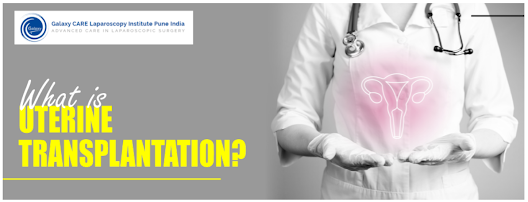UNDERSTANDING STOMACH CANCER
Stomach cancer, also known as gastric cancer, is a serious medical condition that affects the stomach lining. It is the fifth most common cancer worldwide, with significant variations in its occurrence based on geographical location and socioeconomic factors. Despite advancements in medical science, stomach cancer remains a challenge due to its often asymptomatic nature in the early stages and the limited treatment options for advanced cases. In this blog, we will delve into the causes, symptoms, diagnosis, and treatment of stomach cancer to provide a comprehensive understanding of this disease.
Causes of Stomach Cancer:
The exact cause of stomach cancer is not fully understood, but several factors have been identified that may increase the risk of developing the disease. These risk factors include:
- Helicobacter pylori infection: This bacterium is one of the most significant risk factors for stomach cancer. It can cause inflammation and damage to the stomach lining over time, increasing the likelihood of cancerous changes.
- Smoking: Tobacco use, including smoking cigarettes, cigars, or pipes, is associated with an increased risk of stomach cancer.
- Diet: Consuming a diet high in salty, smoked, or pickled foods, as well as low in fruits and vegetables, may increase the risk of stomach cancer.
- Family history: Individuals with a family history of stomach cancer are at a higher risk of developing the disease themselves.
- Age and gender: Stomach cancer is more common in older adults and tends to affect men more than women.
Symptoms of Stomach Cancer:
Stomach cancer often does not cause symptoms in its early stages, making it challenging to diagnose. However, as the disease progresses, the following symptoms may develop:
- Persistent abdominal pain or discomfort
- Unintentional weight loss
- Loss of appetite
- Nausea and vomiting
- Difficulty swallowing
- Feeling bloated after eating
- Fatigue
- Blood in the stool or vomit
Diagnosis of Stomach Cancer:
Diagnosing stomach cancer typically involves a combination of medical history review, physical examination, and diagnostic tests. These may include:
- Endoscopy: A procedure in which a thin, flexible tube with a camera at the end (endoscope) is inserted into the mouth and down into the stomach to visualize any abnormalities.
- Biopsy: During an endoscopy, tissue samples (biopsies) may be taken from suspicious areas for further examination under a microscope to determine if cancer cells are present.
- Imaging tests: This may include CT scans, PET scans, or MRI scans to assess the extent of the cancer and whether it has spread to other parts of the body.
- Blood tests: Certain blood markers may be elevated in individuals with stomach cancer, although these tests are not definitive for diagnosis.
Treatment of Stomach Cancer:
The treatment approach for stomach cancer depends on several factors, including the stage of the cancer, the overall health of the patient, and their treatment preferences. Treatment options may include:
- Surgery: Surgery to remove part or all of the stomach (gastrectomy) may be recommended for early-stage stomach cancer.
- Chemotherapy: Chemotherapy involves using drugs to kill cancer cells or stop them from growing. It may be used before surgery (neoadjuvant chemotherapy) to shrink the tumor or after surgery (adjuvant chemotherapy) to reduce the risk of cancer recurrence.
- Radiation therapy: Radiation therapy uses high-energy beams to target and destroy cancer cells. It may be used in combination with chemotherapy or surgery to treat stomach cancer.
- Targeted therapy: Targeted therapy drugs work by targeting specific abnormalities within cancer cells, such as HER2-positive stomach cancer.
- Immunotherapy: Immunotherapy drugs help the body's immune system recognize and attack cancer cells. While not yet a standard treatment for stomach cancer, ongoing research is exploring its potential effectiveness.
Conclusion:
Stomach cancer is a complex disease with various risk factors and treatment options. Early detection and prompt treatment are crucial for improving outcomes and quality of life for individuals diagnosed with stomach cancer. Maintaining a healthy lifestyle, including a balanced diet and regular exercise, may help reduce the risk of developing stomach cancer. Additionally, seeking medical attention for persistent symptoms such as abdominal pain, unintended weight loss, or difficulty swallowing can aid in early diagnosis and treatment. Through continued research and advancements in medical science, we strive to improve the prevention, diagnosis, and treatment of stomach cancer to ultimately reduce its impact on individuals and communities worldwide.



Comments
Post a Comment